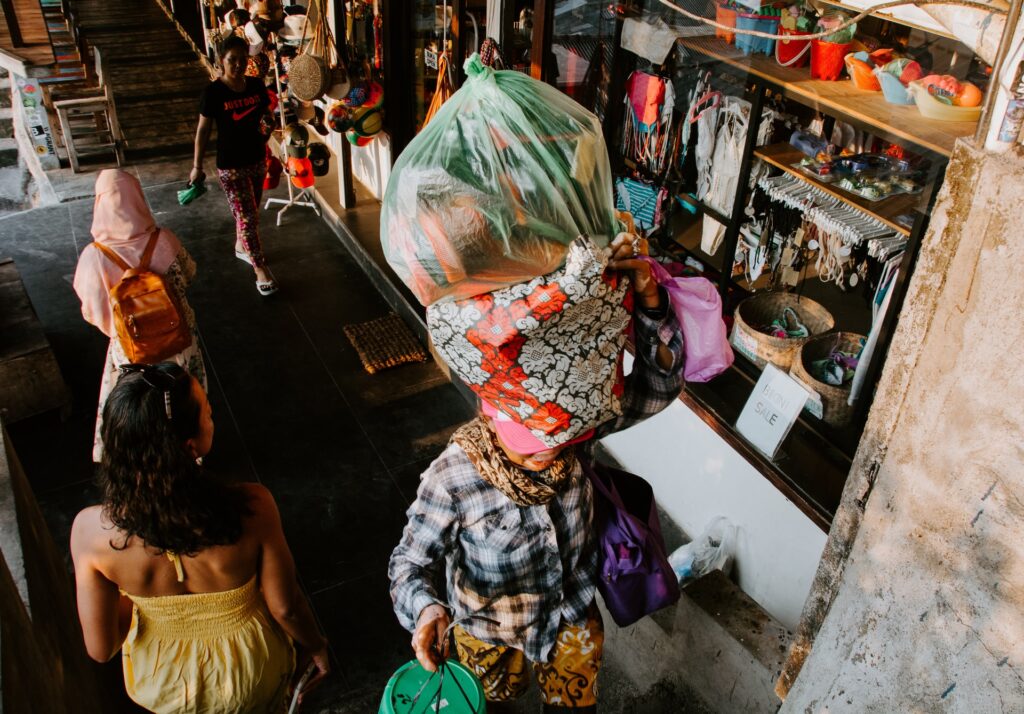
When I first moved to Flagstaff about 15 years ago, I taught 12th grade English at Northland Prep Academy. The class centered on close reading of a handful of texts. One of my choices was Tim O’Brien’s raw carnival of a book, “The Things They Carried,” a cluster of interlocking stories informed by O’Brien’s service in the Vietnam War.
I have a freeze frame memory of the day a student’s face illuminated with an epiphany. Maybe, he said, this book isn’t just about the things that we know the soldiers are carrying—love letters, bug spray, photos—but it is about what they are carrying inside them, their memories, their hopes, their fears. The class hushed as they climbed into the interiors of the characters they had come to know and imagined that dark cargo.
That memory bubbled inside me about a week ago as I walked home from work. My energy tank neared empty after a day of hybrid teaching and Zoom meetings. My messenger bag crisscrossed my torso and burrowed into my shoulder. Over my arm, a jacket I would need once darkness swept in. I toted a bag of groceries in each hand. As I made my way through the city center, a radiating weariness befell me. It wasn’t just fatigue; it was a weariness with deeper waters.
I stopped to adjust my shoulder strap and dropped all my bags, all my seen burdens. Streetlights had blinked on, and the city center was quiet. I could hear the world breathing, as author Arundhati Roy so beautifully puts it. Why is it that I felt even heavier when I let go? It was as if I could feel all of my life within my body and no amount of rest would restore me to a place of having never known this sensation.
My mind drifted back to O’Brien’s book. It wasn’t the things I carried on the outside that gave me pause that evening. It was all I carry with me day in and day out. The loss, the witnessing, the memories of friends and lovers now passed. It was the chapters and costume changes of a long life. As I grow older, I gather more and more into my spiritual folds. My step slows. My burdens grow. I carry sorrow and grief, outrage and disgust. I carry despair.
I am in my early ‘60s. As I winnow and Kondo my external life, my internal life grows weightier in an eerie inverse relationship. The tangible possessions I willingly jettison; the stories of aliveness I continue to greedily accumulate. The encounters, the adventures, the gorgeously reassuring ordinariness of day after day. I carry them. We carry them.
As I write this, I swerve to a memory, a Roz Chast cartoon in The New Yorker years ago. The cartoon portrays the inside of a head as a finite space, something akin to a dusty basement in a police station where evidence files are stored. As new information comes in—maybe the details about how Kimberly Guilfoyle was let go from Fox News—some older information is jettisoned—maybe the name and biography of a minor Renaissance painter or two?
According to Chast and the agitated scrawl of her cartoon, we can only hold so much in our brainpan. Perhaps. But what I know is that our hearts and spirits seem to have wildly generous storage space. As we age, we become spiritual sherpas, carrying the faces and lessons of teachers, the movie reels of grandparents, the haphazard photo albums of where we have been and what we have seen.
The singer Tom T. Hall has a song called “The Story of Your Life is in Your Face.” In the tune, he meets a sailor in a Hong Kong bar: “He said the story of your life is in your face/ It’s written there in little subtle lines/ The story of your life is in your face/ What’s written on your face has been heavy on your mind.”
Maybe the Cliffs Notes of my life are there on my face for all the world to see, but I believe the things we carry are tucked inside in a more private place. They have nestled inside us like the white flecks in a snow globe. And when we’re shaken, those unseen burdens swirl inside, released again, the tiny testimonies of our lives. They do their reminding. We do our remembering. After a spell, they alight and come to rest again.
And we carry on.

